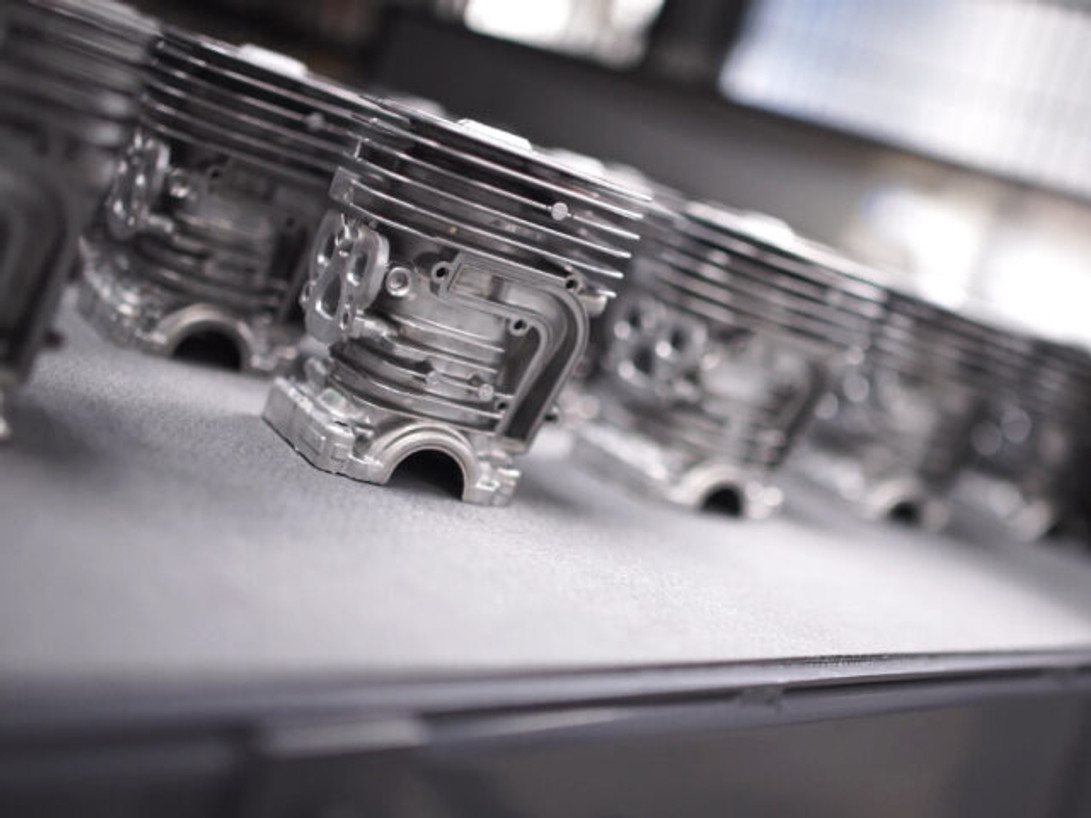In the ever-evolving landscape of automotive engineering, the quest for fuel efficiency, performance, and sustainability has become increasingly paramount. As manufacturers seek innovative solutions to meet stringent regulatory standards and consumer demands, aluminum has emerged as a game-changer in the pursuit of lightweighting. By leveraging the unique properties of aluminum alloys, automakers are revolutionizing vehicle design, enhancing fuel efficiency, and optimizing performance like never before. Let's explore how aluminum is driving the automotive industry towards a future of lighter, greener, and more dynamic vehicles.
Lightweighting: The Key to Efficiency
In the automotive realm, weight reduction plays a pivotal role in improving fuel efficiency and reducing greenhouse gas emissions. Every pound shaved off a vehicle's weight translates into significant gains in fuel economy and performance. Here, aluminum's exceptional lightweight nature comes into play, offering a compelling alternative to traditional materials like steel. By replacing heavier components with aluminum counterparts, automakers can achieve substantial weight savings without compromising structural integrity or safety standards.
Enhanced Fuel Efficiency: The Green Advantage
The adoption of aluminum in automotive construction has far-reaching implications for fuel efficiency and environmental sustainability. Lighter vehicles require less energy to propel, resulting in reduced fuel consumption and lower carbon emissions over the vehicle's lifecycle. Moreover, the use of aluminum-intensive designs enables automakers to downsize engines and incorporate advanced powertrain technologies, further enhancing fuel efficiency without sacrificing performance. As the automotive industry embraces aluminum lightweighting, it paves the way for a greener, more sustainable future on the roads.
Optimized Performance: Strength in Simplicity
Beyond its weight-saving benefits, aluminum offers inherent advantages in terms of performance and agility. The high strength-to-weight ratio of aluminum alloys allows for the creation of structurally robust yet lightweight vehicle components, enhancing handling, acceleration, and overall driving dynamics. From body panels and chassis components to suspension systems and wheels, aluminum's versatility empowers engineers to optimize performance characteristics while maintaining a keen focus on efficiency and responsiveness.
Corrosion Resistance: Enduring Quality
In addition to its lightweight and performance-enhancing properties, aluminum boasts excellent corrosion resistance, making it an ideal choice for automotive applications. Unlike steel, which is prone to rust and degradation over time, aluminum maintains its integrity even in harsh environmental conditions, ensuring long-lasting durability and aesthetic appeal. By incorporating aluminum into critical vehicle structures, automakers can deliver vehicles that not only perform admirably but also retain their pristine appearance and structural integrity for years to come.
Conclusion: Driving Towards a Lighter, Greener Future
In conclusion, aluminum's pivotal role in automotive lightweighting is transforming the way vehicles are designed, engineered, and manufactured. As automakers prioritize fuel efficiency, performance, and sustainability, aluminum emerges as a versatile and indispensable solution that ticks all the boxes. By embracing aluminum construction materials, the automotive industry is propelling us towards a future where vehicles are lighter, greener, and more dynamic than ever before. As consumers demand more environmentally conscious transportation options, aluminum stands poised to drive positive change on the roads and beyond.
As we navigate the road ahead, the widespread adoption of aluminum in automotive design represents a paradigm shift towards a lighter, greener, and more sustainable future. With each innovation and advancement in aluminum lightweighting technology, we inch closer to a world where vehicles deliver uncompromising performance while minimizing their environmental footprint. In the journey towards automotive excellence, aluminum leads the way, guiding us towards a brighter tomorrow on the open road.

